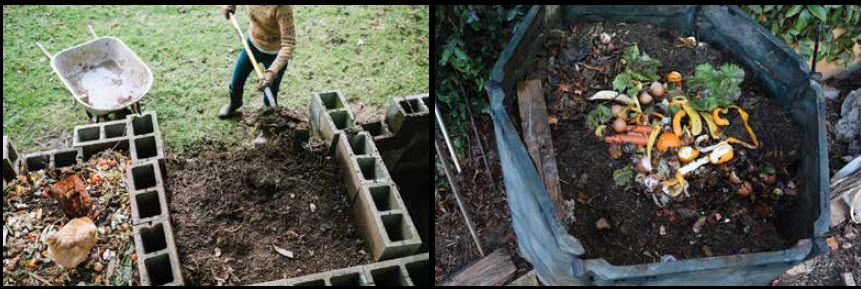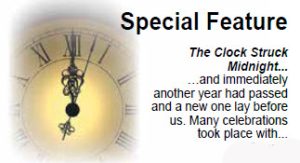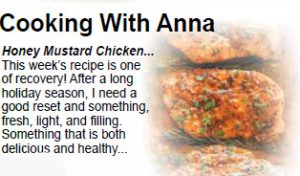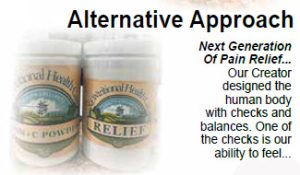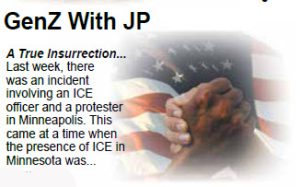 By: Claire Tribble
By: Claire Tribble
As you drive down roads throughout the county, you can see something that seems to be an issue for A LOT of people — their garbage cans appear to be overflowing. Of course, we are going to beg you to RECYCLE all your plastic, aluminum, steel cans, cardboard, and paper first, but there is something else that you can do without leaving your yard. Composting.
So, what is composting? Very simply put, composting is the natural process of recycling organic matter into a rich fertilizer. Organic matter includes things like fruits and vegetables as well as their peelings, eggshells, coffee grounds, tea bags, leaves, grass clippings, etc. If you are lucky enough to know someone with horses or cows, ask for a bucket or two of manure; I’m sure they have plenty. Now that you have some great organic matter to recycle, I guess you need to know what to do with it.
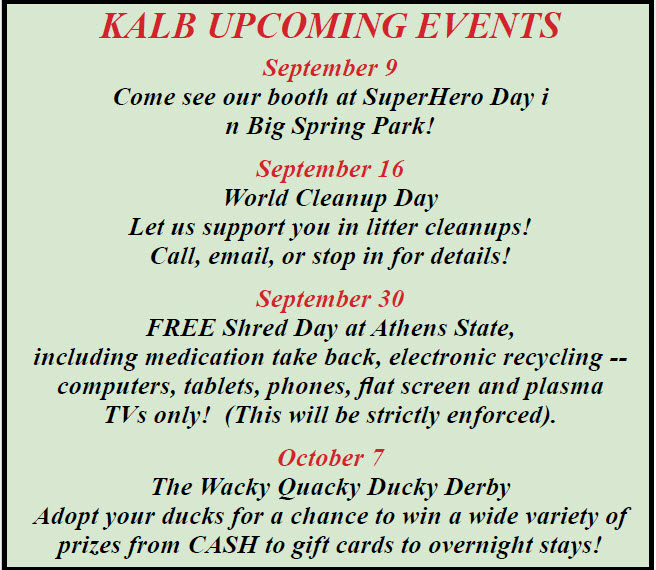
Compost bins can be purchased at many different places, but you can always make your own and save a few dollars. They can be as simple or as complex as you want them to be. Bottom line is, you need a pile that can be somewhat retained and contained. I started mine with a layer of leaves and horse manure. Then I added eggshells, coffee grounds, fruit and vegetable peelings and pieces, as I used them. I added layers of leaves and old soil as I went. Every few days, I turn it with a pitchfork. This stirs up bugs, bacteria, and fungi to promote decomposition. Watering down your pile every few days helps keep everything stirred up as well. And not to mislead you, but this is a process, it isn’t instant.
So, what are the benefits of composting? Compost improves soil health and prevents erosion. When it’s ready, compost looks like garden soil. It is extremely rich in nutrients, such as phosphorus, nitrogen, and potassium. According to studies, compost increases the water retention capacity of soil, resiliency, and productivity. This means that compost makes a great fertilizer, saving you even more money! Just a little observation — you often get a bunch of volunteer plants each spring that grow from the fruit and vegetable seeds that make their way into the pile every year.
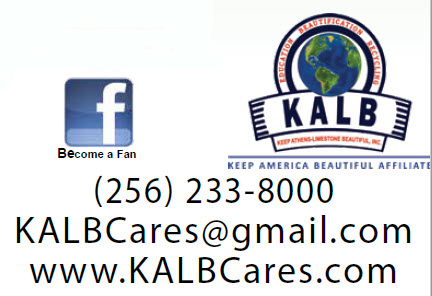
Composting may not solve the problem of overflowing trash cans, but it will significantly cut down on waste. If you will take advantage of the new recycling program that the Limestone County Commission and Keri Chalmers have provided as well as composting, there is where you will start to see remedies. And we all want to be proud as we travel our streets and roads. Sounds like a win-win to me. Help the environment and save money doing it.
By: Claire Tribble – Executive Director, Keep Athens-Limestone Beautiful


